Recently, I took the opportunity to share some interesting research findings as well as fascinating anecdotes with Dilip Mukerjea, pertaining to the vital connection of parents' involvment with the academic excellence of their kids/teens.
In a nut shell, & on a quick note, extensive research surveys (one of them is part of the 'Harvard Family Research Project') have revealed that the consistent support, encouragement, and involvement of parents constitutes a pivotal factor in the academic successes of their progeny.
In this particular post, I just want to take a larger picture here to help readers learn about how parents had played a pivotal role behind the success achievements of great minds.
Dr Albert Einstein's brilliance as a multi-disciplinary thinker is often attributed to his mother, Pauline, a talented pianist. The mother often shared her passion for music as well as literature with young Einstein, who took up violin at the age of six.
No wonder Einstein once uttered:
“If I were not a physicist, I would probably be a musician. I often think in music. I live my daydreams in music. I see my life in terms of music. ... I get most joy in life out of music.”
As a matter of fact, it was also Einstein's father, who ran a small electrical technology firm, & his two uncles, namely Jacob Einstein (an electrical engineer) & Caeser Koch, who stimulated his fascination for mathematics & science.
Have readers heard of the eccentric physicist, also a Nobel laureate, by the name of Dr Richard Feynman, who reportedly had this penchant for visiting topless girlie bars to work out complex mathematic equations?
The young Feynman was heavily influenced by his father who encouraged him to ask questions to challenge orthodox thinking.
His mother instilled in him a powerful sense of humour which he kept all his life. As a child, he delighted in repairing radios & had a talent for engineering.
Another physicist & Nobel laureate, Isidor "Izzy" Isaac Rabi, often credited his mother for making him a scientist. She taught him the importance of asking questions.
Every time he came home from school, the mother would ask, "Did you ask a good question today?".
As a counterpoint to the foregoing:
Many years ago, probably during the late nineties or so, I had attended a public talk by Dr Lee Yang Tseh, Taiwan's first Nobel laureate, at the NUS/Kent Ridge under the LKY Distinguished Speakers Program, who related this interesting story.
In Asia, when a child gets home from school, the mother will normally ask this simple question: "How did you fare in your school test today?” The kid may mumble an answer, such as “85 marks.” The mother then shoots the next question: "What happened to the remaining 15 marks?” Again, the kid may mumble something (inadequate) in response. The final question from the mother: "Did you score higher than Ah Beng or Ah Seng (next door neighbour's kid)?”
This is an example of the deplorable mentality of typical Asian parents, as postulated by Dr Lee. Does it sound familiar in Singapore's context?
Japan's inventor extraordinaire Dr Yoshiro Nakamatsu, with more than 3,000 inventions to his credit, revealed in his interviews that it was the fond memories of his mother (as well as his grandfather) that inspired his "creative inventivesness".
According to him, the basic spirit of all his inventions is love - the love of his mother. While as a young boy watching her pouring soy sauce into bottles every night, he was inspired to create his first invention, a hand-operated pump.
Interestingly, in the research laboratory of his, he has a huge portrait of his mother overlooking his work.
In one of his many books, 'The Legend of Dr Nakamatsu' Inventions', he has dedicated some poems & pictures to his mother, along with his admission that he has not yet accepted his mother's death.
Closer to home, didn't readers read PM Lee Hsien Loong's fitting eulogy during the recent funeral wake of his late beloved mother?
According to MM Lee Kuan Yew, in a Straits Times report, Hsien Loong inherited "a certain way of thinking, certain logic, certain cut of mind" from him, while "a facility for words & a certain intuition" from the mother.
Subscribe to:
Post Comments (Atom)
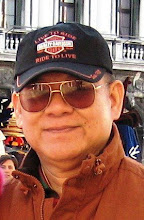


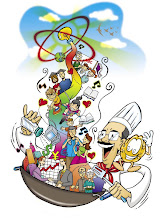
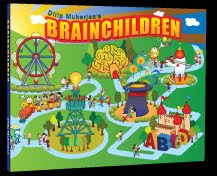



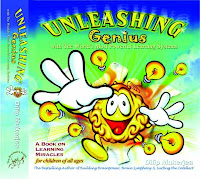
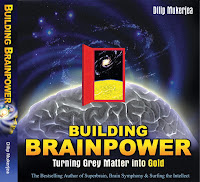
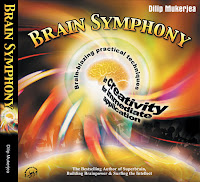





1 comment:
brillient piece say keng, with some nice rememnders. makes me want to be a parent and give it my best shot to be a nurturing support for children :-)
BE well n enJOY, doug
Post a Comment